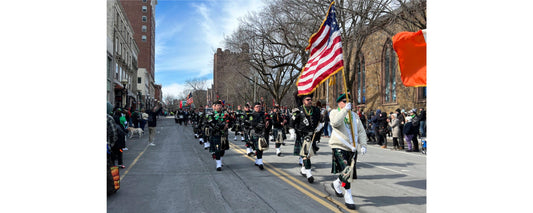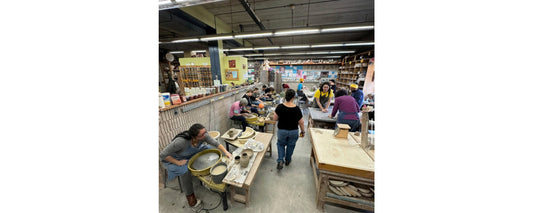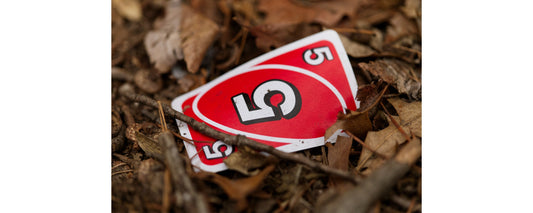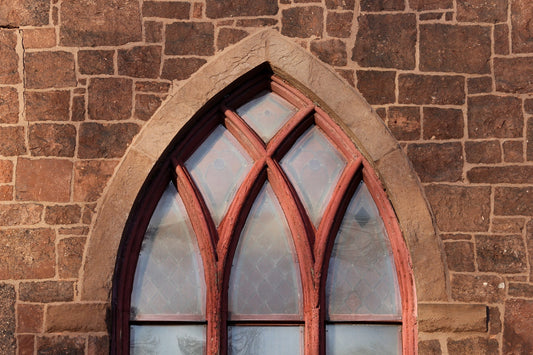The traditional vocabulary of music doesn’t always work for trumpeter, composer and New Havener Wadada Leo Smith. He speaks not of tempo but of velocity, not of notation but of language. The term “improvisation” rankles as one imposed upon jazz musicians to describe their creative act. “I use the word ‘create’ to define what I and some of my colleagues do,” Smith says—that is, something made “in the present moment, where all the qualities are basically being knitted together by one or two people, or several… That process is actually building an art object.”
Smith often plays bowed over his trumpet, pointing its bell toward the floor, his long dreadlocks falling over his shoulders, his brow furrowed in concentration. Each incisive note insists upon being not just heard but understood. Critics have called his tone “beautiful” and “vulnerable,” his composition “formally inventive and emotionally gripping” and the musician himself a “national treasure.” Depending on the ensemble—he’s led several—you might find him accompanied by viola, violin and cello; or by a couple of guitars, electric bass and drums; or by a piano, a tabla, a vibraphone, even a pair of laptop synthesizers. He has called his Golden Quartet/Quintet, for example, “a collective of composer-performers,” because making music with Smith requires much more than simply following his lead.
sponsored by
As a composer, Smith sometimes leans on semitraditional musical notation written on a staff, but it’s “proportional” rather than divided into measures. “There’s no beating and there’s no counting, but the fact is, is that it is just as precise as metrical music—just that it’s not rigid and fixed like that,” Smith explains. At other times, he writes in a musical language he calls Ankhrasmation, the scores of which resemble long and colorful line drawings. Some have been exhibited as works of visual art, but their real intent is to guide musicians in creating a piece based on color, shape, velocity units, rhythm units, melodic units, all expressed in the moment of performance based on research done by each musician into whatever subjects the score itself suggests to them. “An Akhrasmation score is the potentiality for a music object, for an art object, for a performance object,” Smith explains. “It’s a potential, and it only becomes valuable during the actual articulation of its properties.”
What is required most of the musicians playing these scores, Smith says, is “sincerity”—every single time. The same score won’t sound the same twice, and once it’s been performed, “I’m not attached to it,” he says, adding a note of caution: “Do not fall in love with what you do because if you do, your work is going to become redundant, and that’s going to destroy the credibility of the performance.”
sponsored by
Born and raised in Mississippi, Smith taught at the University of New Haven in the mid-1970s, then moved to Woodstock and later to California, where he taught and served as director of the African American Improvisational Music program at California Institute of the Arts for nearly 20 years. In 2015 he returned to New Haven to be near his daughters and his grandchildren, the oldest of whom has played with his band and one of whom now takes piano lessons from him several times a week. With support from a Doris Duke Artist Award, Smith ran the CREATE Festival in New Haven for three years to showcase his work through workshops, talks and performances featuring musicians from across the country. He has spent much of the pandemic mixing and editing five new CDs at The Studio at Firehouse 12 on Crown Street to add to his prodigious discography. At the same time, he’s composing his string quartets 13, 14 and 15—responses to the 13th, 14th and 15th amendments to the Constitution, with movements named for some of the people and organizations “who have made these amendments come alive.”
Though the trumpet is Smith’s primary instrument, it wasn’t his first. “On the day that the instruments were being given out
By the age of 13, Smith was playing with a professional blues band. He came to the job almost naturally, by way of a childhood spent listening to his stepfather, Delta Blues guitarist Alex “Little Bill” Wallace, and Wallace’s friends play their unplugged electric guitars late into the night some Sundays. “They would tell tales and they would play and they would sing about these tales and they would drink whiskey.” Eventually the young Smith would fall asleep on the couch.
His stepfather turned down Smith’s request at 13 to play in his band but reconsidered after hearing the boy play his first gig. “My stepfather’s band was like 200 yards
In addition to being a finalist in 2013 for the Pulitzer Prize for Music, Smith has been featured on the cover of DownBeat and was named Artist of the Year in the 2016 JazzTimes Critics’ Poll, among numerous other accolades. This week, he was honored with a $50,000 fellowship from United States Artists, a national arts funding organization that has bestowed awards on more than 700 artists since its founding in 2006.
“It gives you strength and courage every time something like this happens to continue forward,” Smith says of this latest honor. The money is helpful, but “you don’t work for money. You work because you have this inspiration that needs to come out.”
Wadada Leo Smith
www.wadadaleosmith.com
Written by Kathy Leonard Czepiel. Image, photographed by Michael Jackson, provided courtesy of Wadada Leo Smith.









